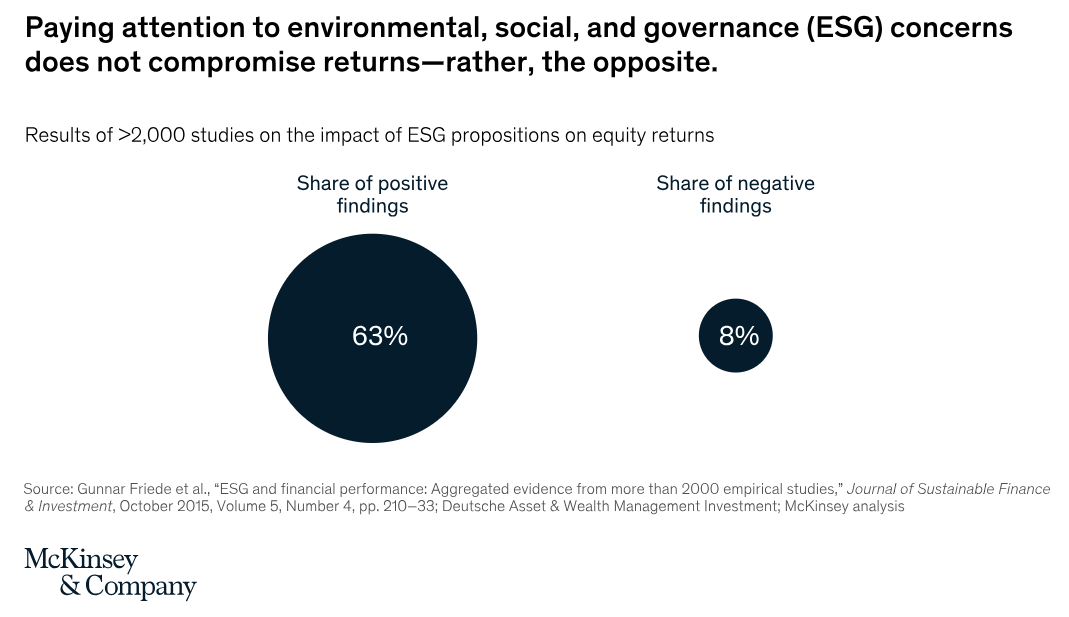The Coming Tidal Wave
I’m curious. Do you work for an organization that is holding on, white knuckled, to mindsets and ways of working that are still rooted in the 1900’s?
“Forcing” employees back into the office?
Ranking employee performance against ambiguous productivity definitions?
Requiring college degrees for promotion?
Managing by fear, control and positional power?
Running meetings like a college lecture?
Paying CEO’s 200 times the average worker?
If so, they are about to be swept away by the coming tidal wave of change. The 21st century is calling, and it’s not just an AI revolution, it’s a human revolution.
Listen to the data
The studies continue to pour in from experts in the field of human capital management and organizational development: Gartner, Josh Bersin, Gallup, SHRM, and so many others are sounding the alarm of the shifting expectations and needs of the labor market and how those shifts will impact talent strategy.
Employees are less and less loyal to organizations and increasingly prioritizing the following in their job search:
Flexibility
Social Responsibility
Career/Vocational Development and Coaching
Authentic Connection and Belonging
Transparent Communication
Wage Equity
Mental Health Support
Consistent feedback delivered with candor and kindness
Freedom to speak up and make mistakes
Meaning and Purpose
These expectations should be front and center as your company builds their culture, brand and employee value proposition (EVP) for long term success.
Understanding the External Forces
As I look out at the landscape of work and society, I see this tidal wave of change being driven by three forces.
Gen Z - Gen Z and millennials together comprise some 38 percent of the global workforce — expected to be 58 percent by 2030. And Gen Z itself will account for some 27 percent of the global workforce by 2025. In other words, the future of work has a lot to do with Gen Z, who were born post 911 and are coming of age in post COVID in a world filled with loneliness, uncertainty and distrust. They inherently prioritize self-care and will not tolerate workplaces that don’t care about them and their values. In fact a recent survey revealed that as many as 20% of 18-24 year olds are classified as NEETs - Not Engaged in Employment or Training. How do you think THAT will affect your labor pool in the coming years?
Investors - Investors increasingly want to know that their dollars are going to companies who behave ethically. In response to ever increasing investor demand for more transparency in this area, there are already regulations in the EU and the US requiring organizations to report their human capital investments and human capital performance. Environmental, Social, Governance (ESG) scores are not going away but only increasing in importance. What is your organization measuring and disclosing about their human capital? Even if you’re not publicly traded, this trend will trickle down through to customers and vendor relationships.
Society - The convergence of a global pandemic, economic pressures, political/global conflicts and digitization have made the world feel like a pressure cooker. The resulting chronic stress is putting all of us in survival mode, and driving a burnout epidemic among anywhere from 38 - 45% of workers depending on the study. The WHO has categorized burnout as a workplace phenomena that is both a symptom AND an outcome – caused by chronic workplace stress and characterized by exhaustion, cynicism and reduced efficacy. Chronic stress diminishes our ability to perform and increases our focus on self-protection/preservation and society is crying out for a reprieve. and organizations who prioritize the holistic well-being of their people will begin rising to the top.
And so I ask…. Is your organization ready?
Join the Movement
I started doing this work to help organizations become regenerative instead of depletive less than a year ago, after decades of advocating for employees in a variety of corporate roles. My favorite part of advancing workplace well-being strategy is discovering that I’m FAR from alone and becoming part of a growing tribe that is shifting the world of work - and most of them have been doing it a lot longer than me!
I’m proud to be part of a movement and I want to follow and elevate other voices driving the human revolution of work, because we can’t do this alone. Please comment with your top voice in the human centric movement and check out some of my favorites:
And, if you want to explore whether or not your organization is ready for the coming tidal wave, please take my FREE assessment or reach out for a conversation.
#itstime #letsdothis #humancentric #thetidalwaveiscoming




